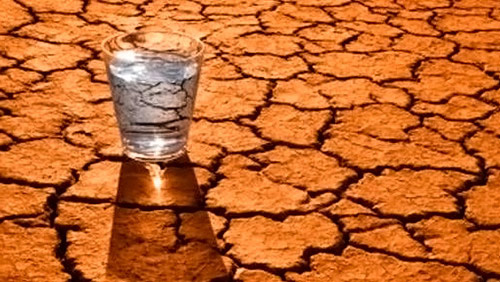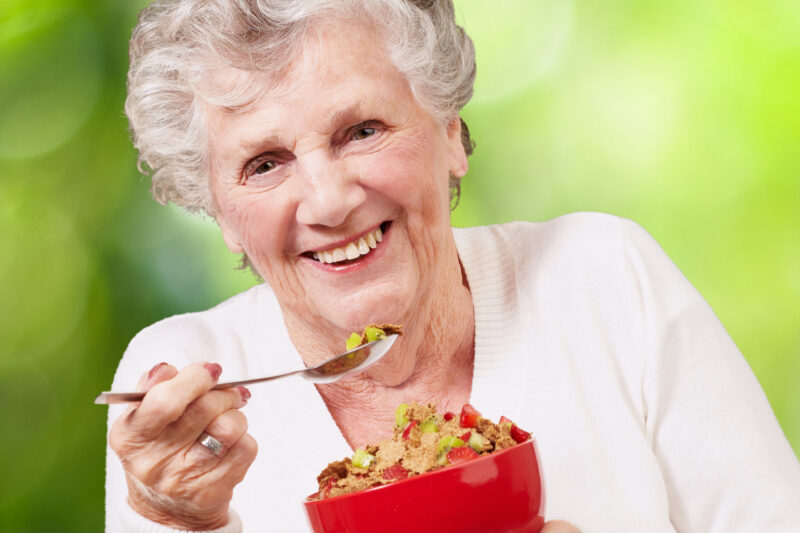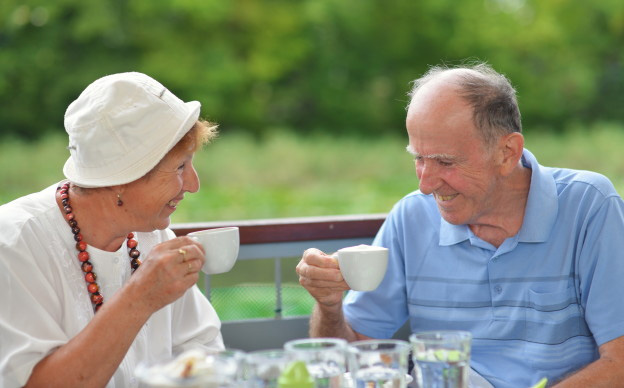The normal course of vital processes both, in a healthy state, and in the cases of illness, regardless of age requires maintaining the stability of the internal environment of the tissues, for example, temperatures, acidity, concentrations of various substances, such as sugar, mineral salts and other. The regulatory apparatus serves to maintain these normal conditions, […]







